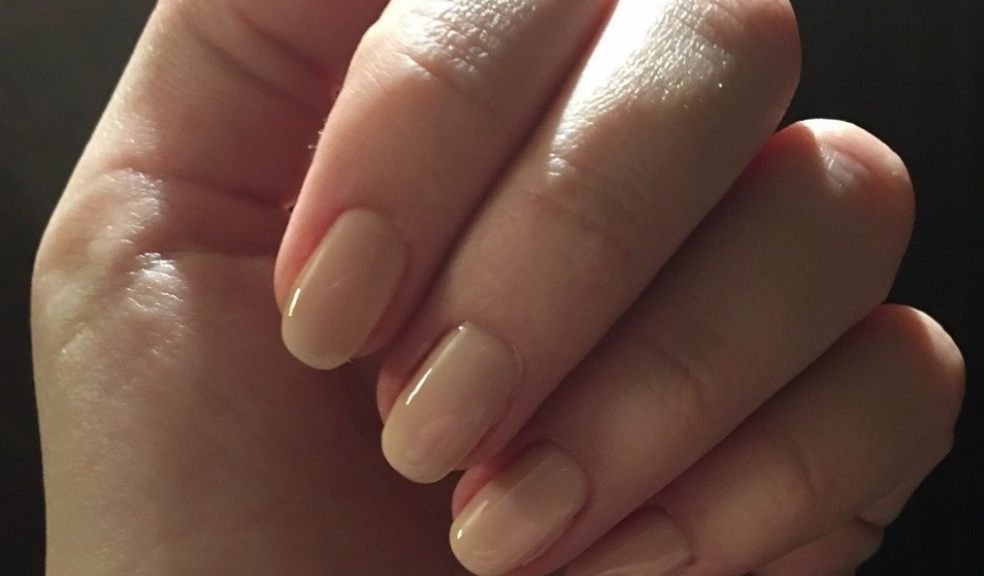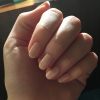
How to Keep Your Nails Healthy
We don’t always give our nails the care and attention they deserve, but regular nail care is important to maintain a strong and healthy finger and toenails. And it doesn’t need to be expensive to be effective. Here’s how to keep your nails healthy.
Know What’s Normal and What’s Not
Nails are composed of laminated layers of a protein known as keratin, which grow from the base of the nail under the cuticle. If you have healthy nails, they should be smooth, without grooves or pitted, and there should be no discolouration or change in consistency. You may find that your nails have harmless vertical ridges which run from the cuticle to the tip of the nail, and these can be more prominent as you age but they are rarely a sign that anything is wrong.
However, you should seek medical advice if you notice that your nail colour changes or there are signs of discolouration, if the shape of the nail changes, if they become thinner or thicker, or if the nails start separating. Likewise, if there is bleeding or swelling around the nails, or they stop growing, you should speak to your GP.
Take Infections Seriously
Toenail fungus causes infections and it’s common, but you should take an infection seriously if you spot that something doesn’t look right. The sooner you treat it, the less damage it will cause to your nail and the less likely it will spread. Nail fungal infections can look like redness or swelling around the nail bed or pain in the nail, but there are over-the-counter treatments such as Curanail from Express Pharmacy which are easy to apply and work quickly to treat the infection.
Break Away from Polishing
Nail polish won’t harm your nails, but it’s still a good idea to give your nails a break periodically. Opt for acetone-free nail polish remover when you’re ready to give your nails some breathing time, and wear gloves when you’re gardening or cleaning your home so that you keep dirt away from the nail bed.
Keep Cuticles Moisturised
Your cuticles work as an effective barrier to your nail bed, but if you cut them too far back or push them aggressively, you can cause damage to the nail and damage them which leaves your nails exposed to infection. Rather than pushing your cuticles back or trimming them, a better option is to keep them moisturised with a neutral oil, like vitamin E oil or jojoba oil, which will prevent the risk of infections developing and still maintain a clean and healthy nail.
Trim Your Nails
Neat and short nails are a contemporary take on the long, fake nails of years gone by, and they are also a healthier option. Keeping your nails trimmed helps to minimise the chance of them breaking or snagging on clothing and prevents dirt and debris from getting trapped under the nail. You can use a fine nail file to smooth the edge of the nail when you’ve cut them and even use a fine buffing tool to buff out the surface of the nail if you are prone to developing ridges. Buffing your nails will help bring the natural oils to the surface which adds shine and smooths out the surface of the nail without adding any chemicals. You should also make sure that any tools used on your nails are always thoroughly sterilised and clean before you use them.
Use Washing Up Gloves
Putting your hands in hot and soapy water day after day to do the washing up can weaken your nails, even if they are normally quite strong. Along with drying out the skin on your hands, it can dry out your nails and cuticles. An easy way to avoid this problem without having the dishes pile up is to wear rubber gloves when you’re doing the washing.
Add Biotin into Your Diet
A healthy and balanced diet should provide your body with the nutrients it needs to develop strong and healthy nails, but there are supplements you can take to help your body even further. Biotin is a nutrient that can benefit people with weaker nails – it’s a B vitamin which has been proven to strengthen nails and help them grow. Natural sources of Biotininclude eggs, fish, nuts and seeds, and sweet potatoes, so it can help to increase the quantities of these ingredients in your diet if you don’t want to use supplements.
Conclusion
We all want neat and well-presented nails, so having a routine in place to protect them is key. Both your fingernails and toenails deserve to be treated with care, so in addition to knowing which signs you should worry about and how to treat infections, you should also protect them by keeping them trimmed and clean, wearing washing up gloves to prevent them from drying out, and keeping cuticles moisturised.

















